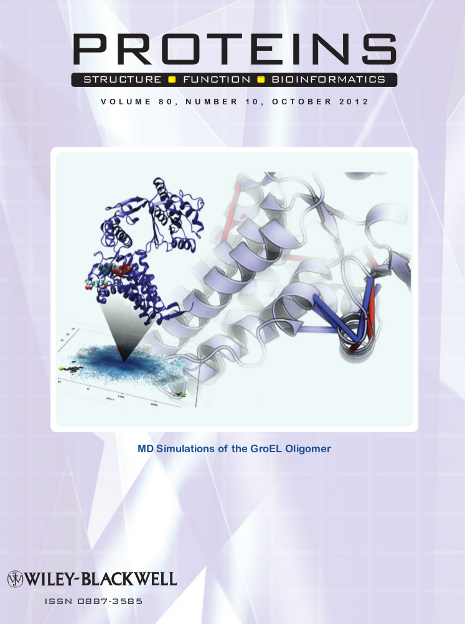can be used to change the name of an object or selection.
Not only can you simply rename an object or selection, but this command is also a powerful tool for those who deal with multiple structures in one file --- say a collection of NMR models. The user can execute the Split_States command and then rename the molecule of choice in the state of choice. For example, if one loads an NMR structure (with, say, 20 states) and aligns it to another structure, the balance of the alignment will (most likely) be off due to the weighting of the 19 other structures you probably don't see. To overcome this problem, one simply executes Split_States and then renames one of the states and then aligns that newly renamed object.
cmd.set_name(string old_name, string new_name)
cmd.set_name("example", "nicename")

